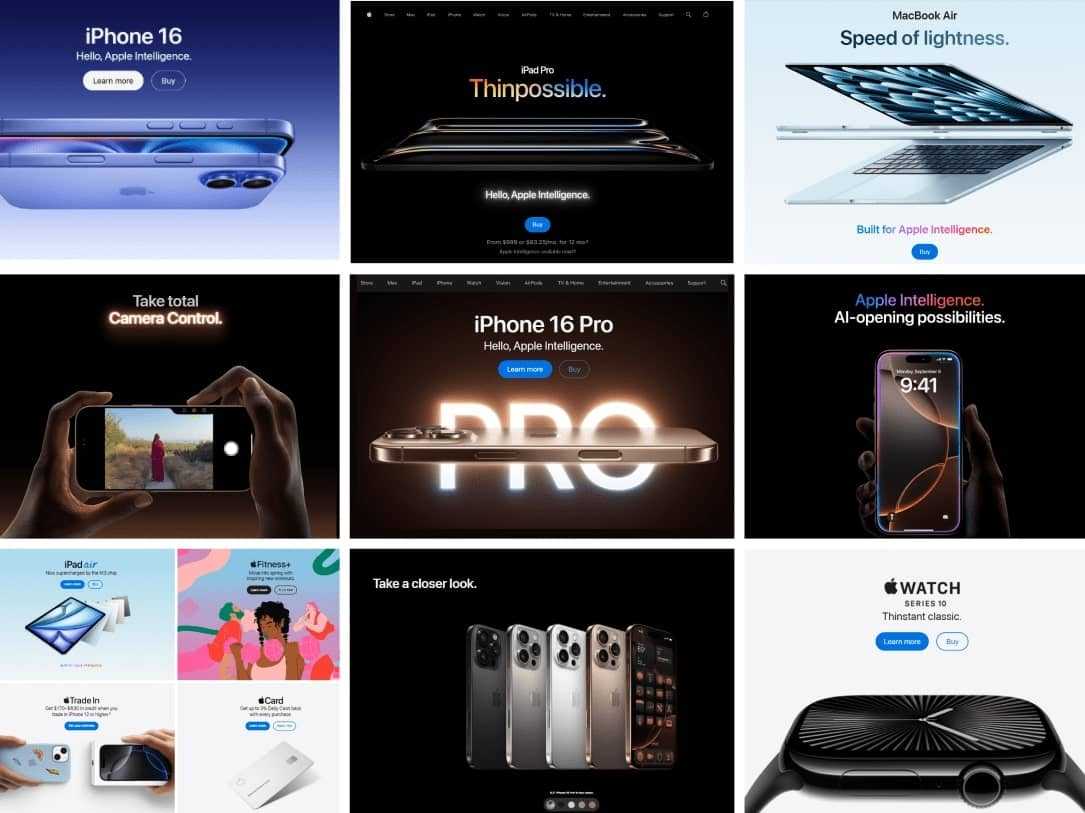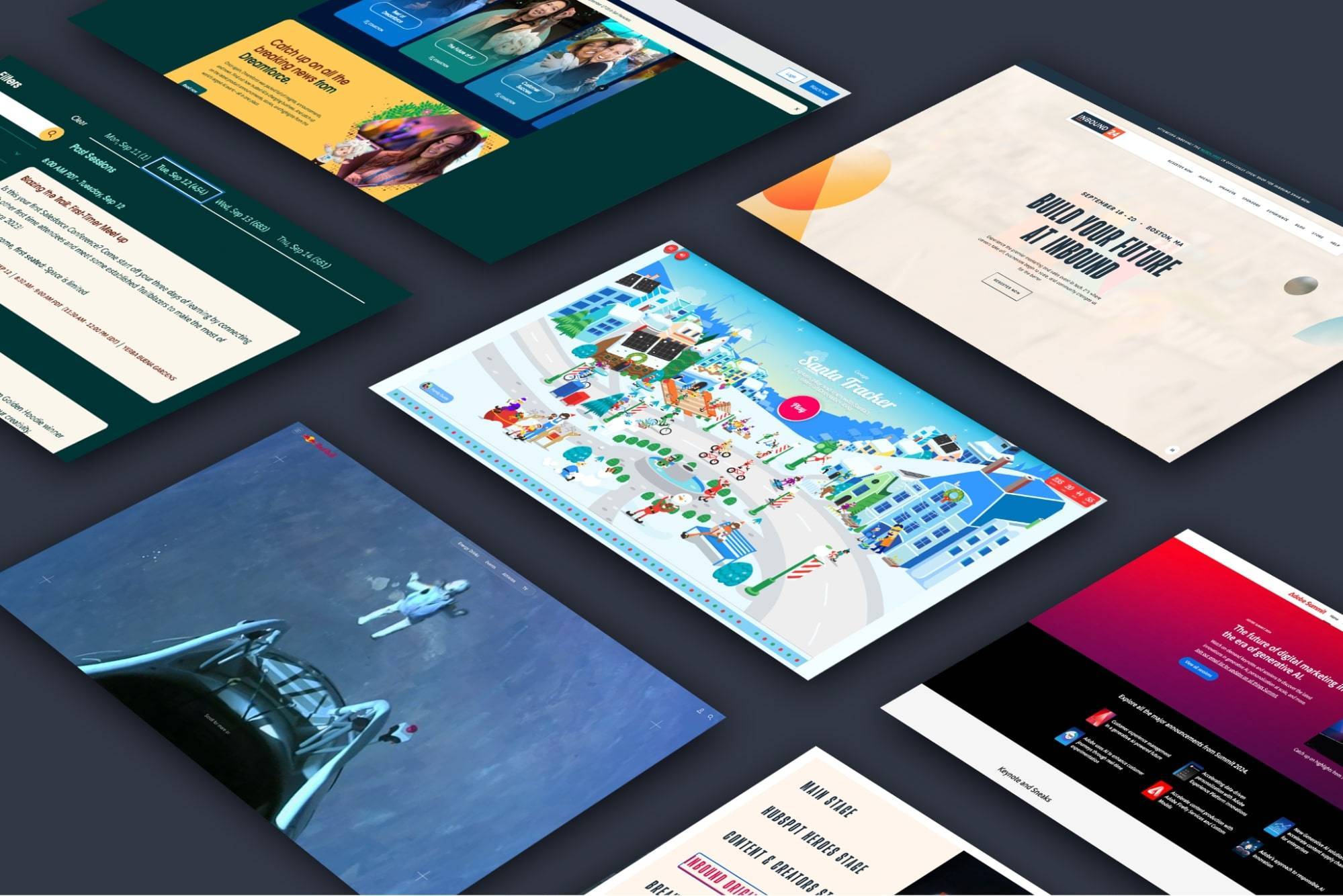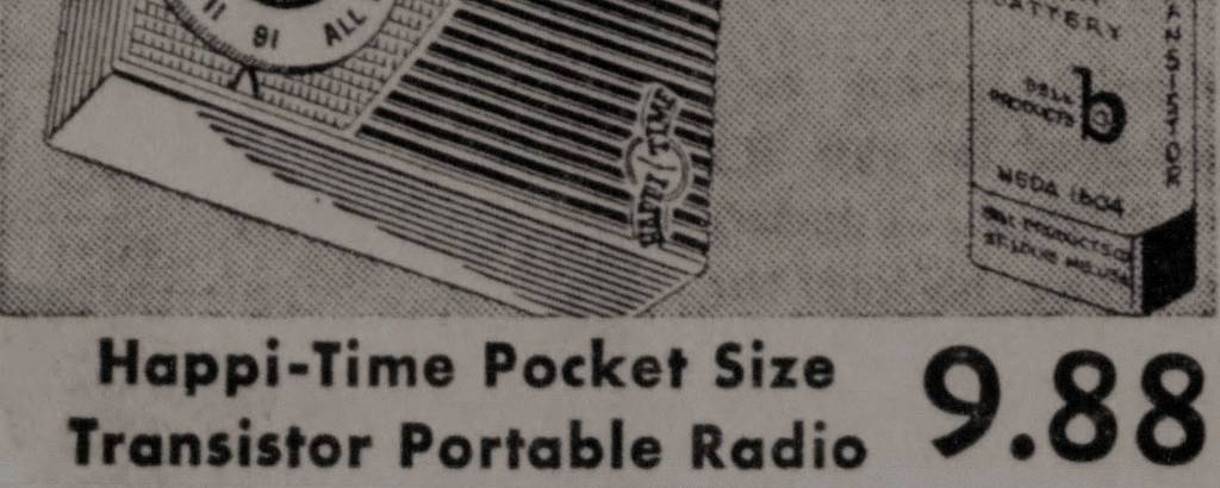

Digital Advertising Options: Four Places to Look
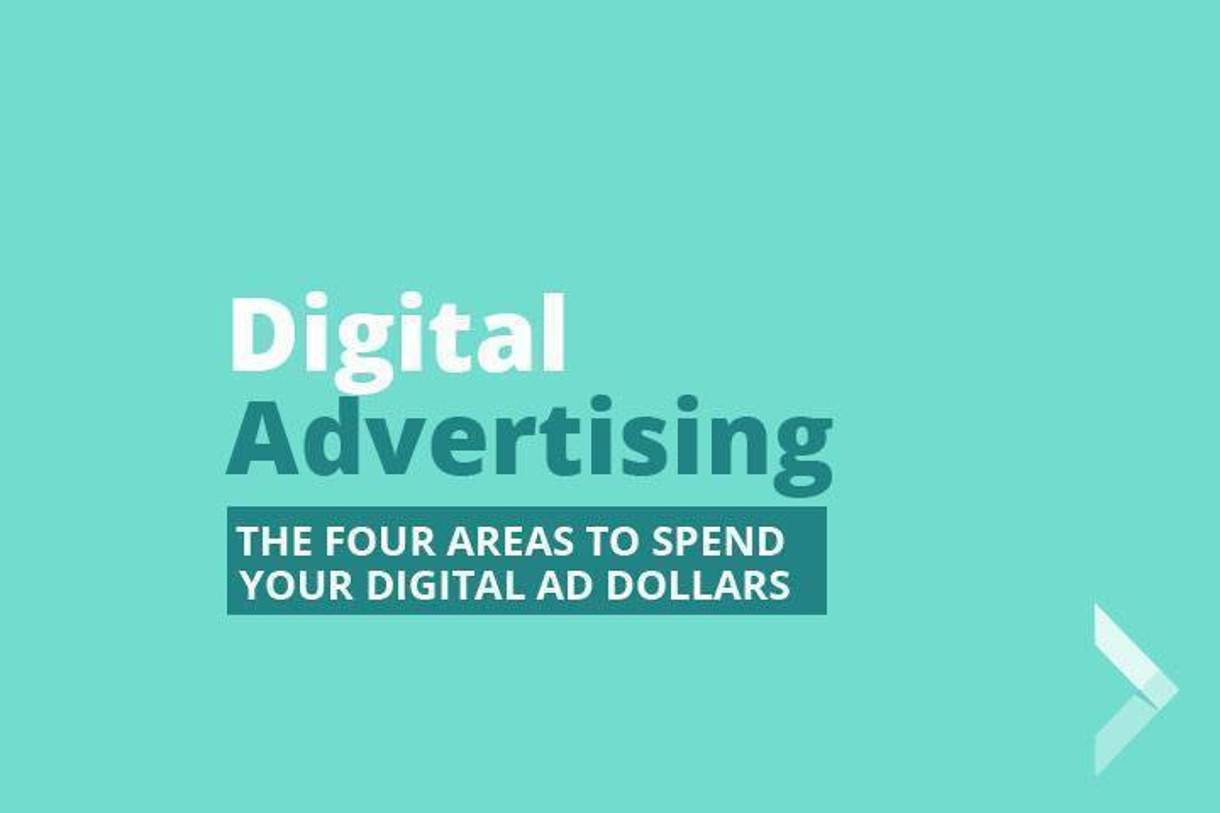
Big changes are headed our way in 2017. For the first time ever, marketers are expected to spend more money on digital advertising than on television advertising. Digital ads will make up more than 37% of overall media spending during the year and both consumers and marketers are noticing. Ads are increasing in type and frequency, so much so that back in March, Google added a spot for a fourth paid search advertisement to its search engine results. Similarly, YouTube has been experimenting with new ad formats below its videos and ecommerce businesses on Instagram have begun seeing added functionality.
Marketers have seen these changes as they measure the success of their efforts. Organic search traffic is decreasing for all but the best-positioned pages. The added paid-search spot combined with more SERP features are pushing the traditional “top 10” results further down the page, making it harder to have your content seen without paying for it. These days, facebook posts are practically invisible without spending money to boost their reach. Similarly, Twitter and Instagram building algorithms into their newsfeeds mean posting content on these networks does not ensure your followers will ever see it.
In short, “pay to play” may be the phrase of 2017. It’s going to be extremely difficult--if not impossible--to market yourself online without spending on advertising. Campy “viral” successes are less frequent, replaced by well researched, designed, and executed content strategies.
Historically, we’ve looked at the internet as a place to drive additional sales without spending much money to get there. And part of that sentiment still holds true. Social media’s impact on word-of-mouth marketing (still the least expensive, most valuable, but also most difficult form of marketing) gives businesses an inexpensive opportunity to build strong brand presence. In addition, brands that deliver quality value to their customers reap the benefit of positive reviews on opinion aggregators like Yelp. Still, to expect to see continued success online in the new year, it’s imperative that digital ad spending becomes a part of your strategy.
In a sense, all we are seeing is the maturing of the internet as a marketing platform. Fifty years ago, brands recognized that they couldn’t rely on positive press and letters to the editor to have their business featured in newspapers. They bought ads to increase brand presence and drive business. Though it has taken some time to develop, that is where digital marketing is today, too. There are many things you can (and should) still do online for almost no cost besides labor. But to be a competitive business in 2017, you need to include paid digital advertising in your strategy.
Where can you spend your digital ad budget? There’s four main options.
Search
Search marketing is still the most common digital ad format and represents the largest percentage of spend for digital advertising. Search ads appear when you search for services or products in Google or Bing. Generally they are text links, but Google is increasing the quantity and type of search ads available.

Advertisements make up more than half of the page on this search.
Pros
Guaranteed driver to website
Search is still the largest driver of traffic to websites
Near infinite number of keywords gives you opportunity to target specific keywords and find inexpensive options
Can track success across whole user path (from clicking on ad to leaving website/converting)
Cons
Clicks on paid search ads are lower than clicks on top organic search results
Searchers often view paid ads skeptically
Competitive markets with competitive keywords can see extremely expensive search ad costs
Social
Social media advertising can be used to promote posts that are part of your regular content calendar. They can also be a part of large scale marketing campaigns. The majority of most web users’ time is spent on social media networks, so social ads help marketers meet their customers where they are.
Pros
Social is still growing
Facebook is catching up to Google as the second most popular search engine
Easier to target specific audience demographics
Robust A/B testing
Cons
Impressions may be cheap, but clicks can still be expensive
Hard to measure business impact of an “impression”
Display
Display ads can be traditional--images that show up on the top and side of websites. Today, display ads also include interactive ads and video ads that appear on websites or alongside video content such as streamed shows and YouTube videos.
Pros
Highly visual - great way to convey brand differentiators
Ad Networks allow your ads to be shown on a wide range of websites and properties
Cons
Often viewed as intrusive or disruptive
Low click-through rate (<100%)
Sponsorship
Sponsorship is becoming a major player in the digital advertising sphere. Companies are sponsoring third-party content made by quality content producers. Influencer marketing is also a major player in sponsorship marketing, as brands partner with bloggers and highly-influential social media users to promote their brand or product.
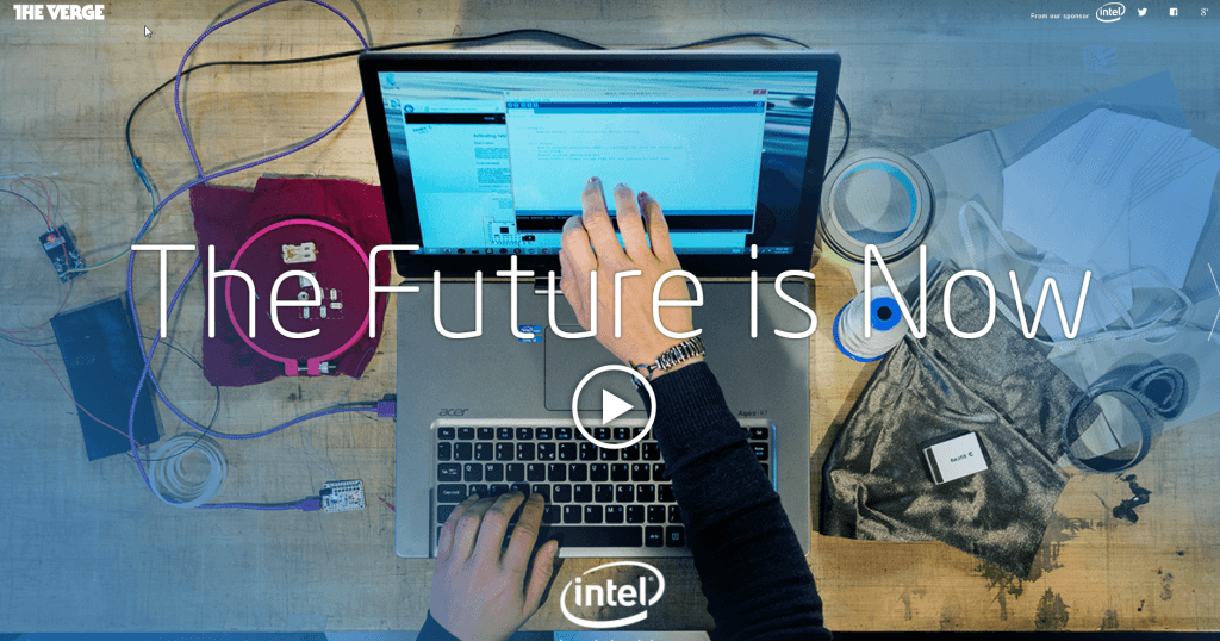
Pros
Avoids the “salesman” perception
Influencers already have an audience that you can leverage
Strong way to build online community around your brand.
Cons
Sponsored content can feel out of place if it does not have a natural fit with business
Some amount of control is placed on the influencers/sites you are paying
Conclusion
As you work to improve your digital presence in 2017, make sure that paid digital advertising is part of your strategy. Determining the best way to spend your marketing dollars can make or break your success online.
